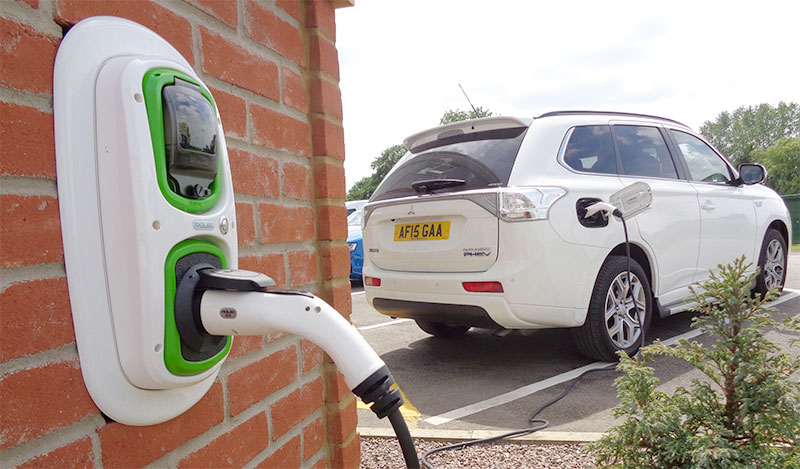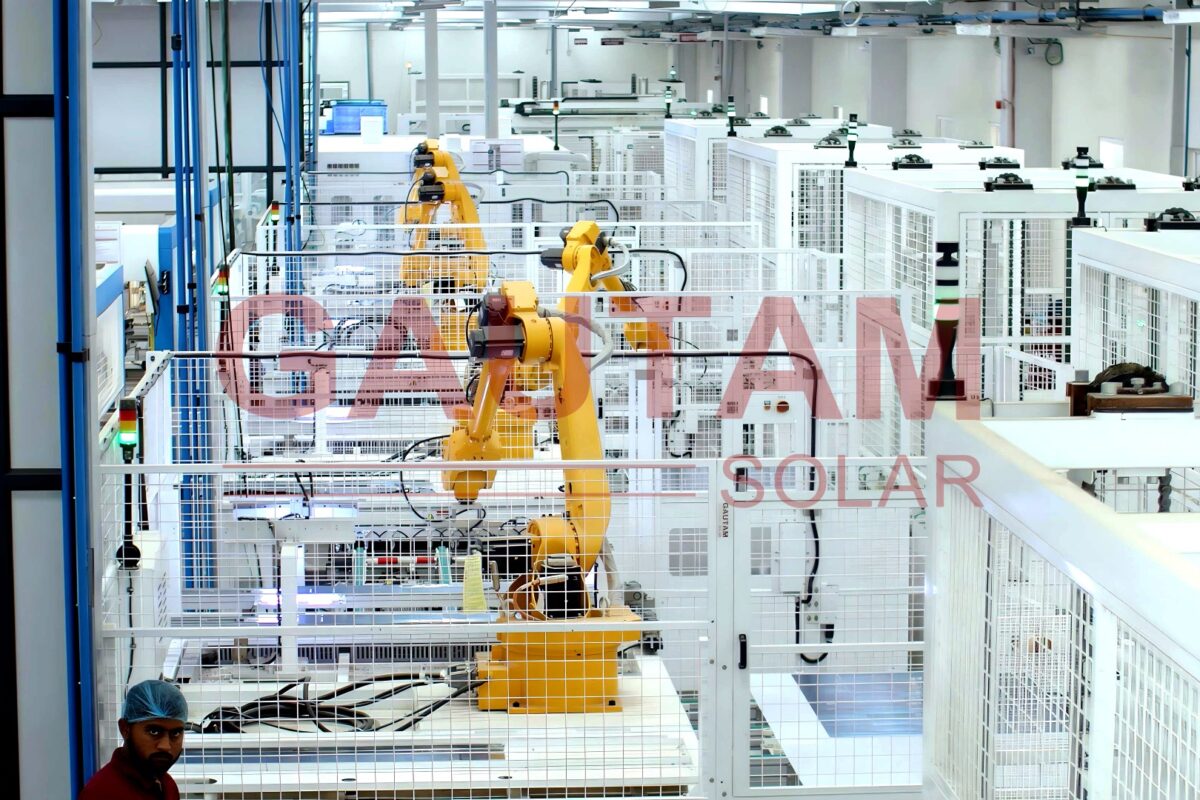According to The Central Board of Indirect taxes and Customs (CBIC) notification, “Electrically operated vehicles, if imported, as a knocked down kit containing all the necessary components, parts or subassemblies, for assembling a complete vehicle with disassembled battery pack, motor, motor controller, charger, power control unit, energy monitor contractor, brake system, electric compressor not mounted on chassis will attract a duty of 10 per cent.”
Those with pre-assembled packs will attract a duty of 15 per cent.
Further, the government has withdrawn customs duty exemption on assembled battery packs for use in the manufacture of electric vehicles. These will now attract 5% duty. The move is intended to spur domestic battery assembly and manufacturing.
While the announcements are in sync with the expectations of the domestic EV battery industry, the latter is also asking for a reduction of the Goods and Services Tax (GST).
“We believe that the government is doing a lot of proactive work since last year to make electric mobility possible. However, a clear and consistent policy needs to be in place to give more confidence to the industry so that long-term investment decisions can be made accordingly,” Priyank Agarwal, vice president-strategy and business development-Mobility, Exicom told pv magazine before the announcement.
He added, “We would like to see reduced import duties on lithium ion cells to encourage domestic battery manufacturing. Also, GST for EV batteries (18%) should be made the same as for EVs (12%).”
Rashi Gupta, director, Vision Mechatronics added, “GST reduction is very important. 18% GST on lithium batteries is still prohibitory. Also there should be some budget allocation for storage projects which will help improve the condition of the power quality as well as open avenues for charging infrastructure required for EVs.”
This content is protected by copyright and may not be reused. If you want to cooperate with us and would like to reuse some of our content, please contact: editors@pv-magazine.com.









By submitting this form you agree to pv magazine using your data for the purposes of publishing your comment.
Your personal data will only be disclosed or otherwise transmitted to third parties for the purposes of spam filtering or if this is necessary for technical maintenance of the website. Any other transfer to third parties will not take place unless this is justified on the basis of applicable data protection regulations or if pv magazine is legally obliged to do so.
You may revoke this consent at any time with effect for the future, in which case your personal data will be deleted immediately. Otherwise, your data will be deleted if pv magazine has processed your request or the purpose of data storage is fulfilled.
Further information on data privacy can be found in our Data Protection Policy.